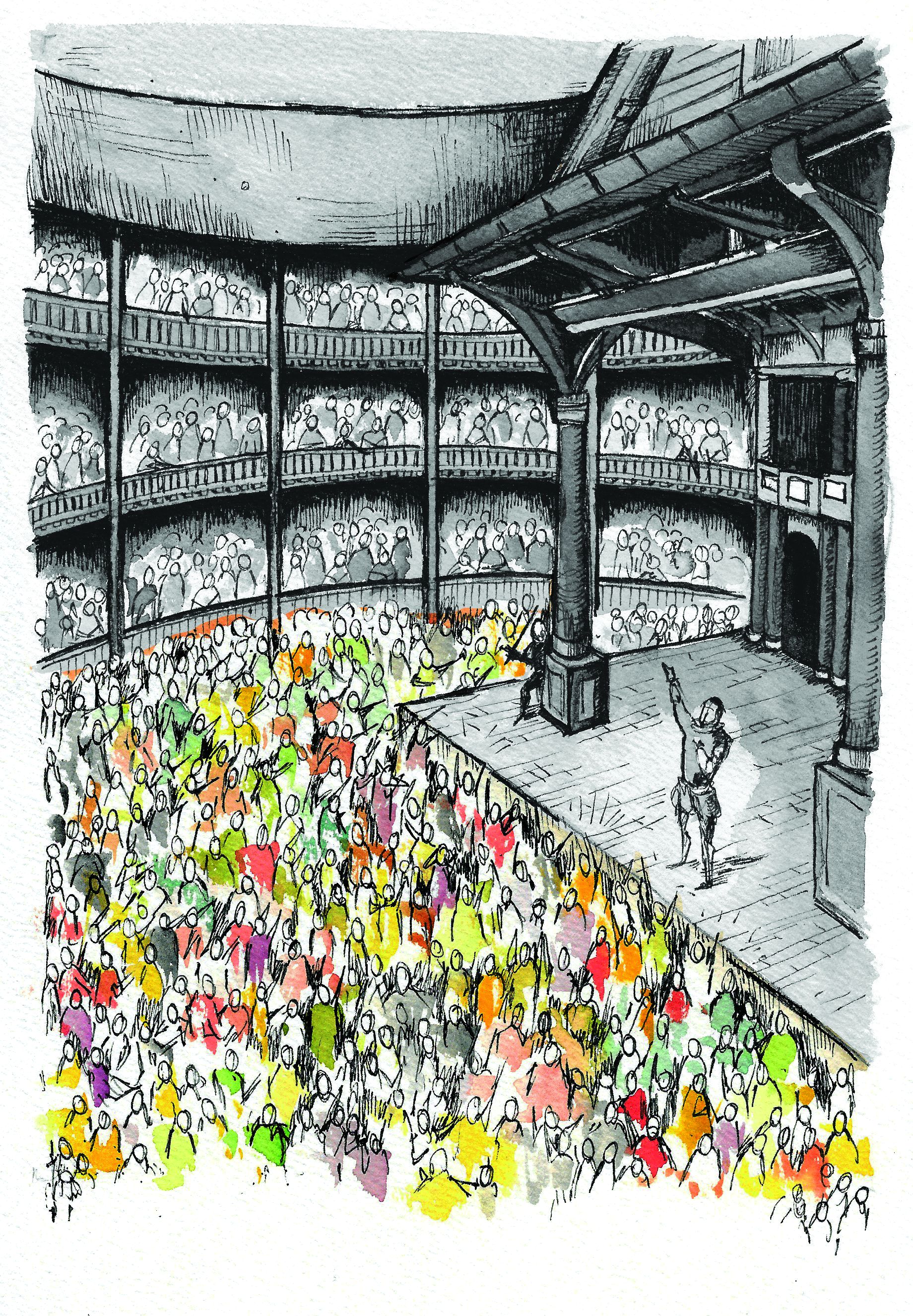
A zany was a Fool or a jester’s assistant, a bit like a clown.
Read more
A zany was a Fool or a jester’s assistant, a bit like a clown.
Read more
The word yoke is used to mean servitude.
Read more
Unfortunately there is no entry for X in the Oxford Illustrated Shakespeare Dictionary so we are moving on straight to W!
Read more
To commemorate National Shakespeare Day, we are sharing an interesting extract from the Oxford Illustrated Shakespeare Dictionary.
Read more
A viola da gamba, played between the legs like a modern cello.
Read more
Warning! Don’t read in the meaning of ‘a poorly dressed boy’.
Read more
Warning! Don’t read in the meaning of ‘teaching’.
Read more
Slug-a-bed means lazy-bones! It can also be spelled ‘slug-abed’.
Read more
Shakespeare uses rehearse to mean utter.
Read more
Quietus is a noun that means release.
Read more